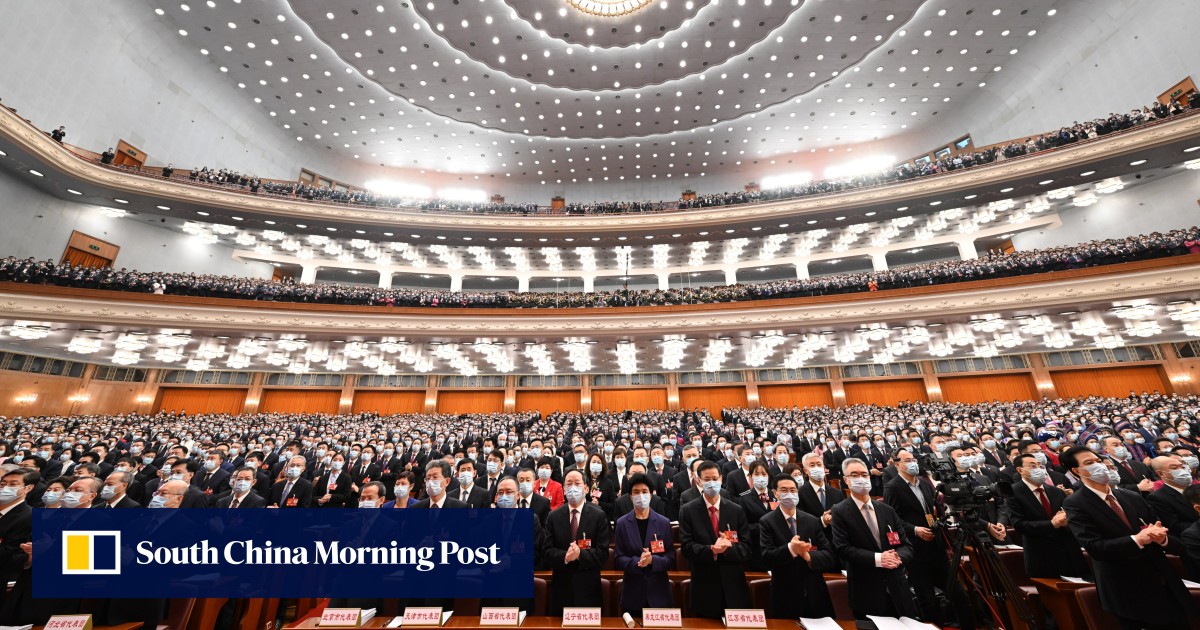Other changes are the creation of a national big data authority and an upgrade of the Hong Kong-Macau policy body to bring it directly under the party’s leadership.
The roll-out at the provincial level became a priority this year.
Research by the South China Morning Post indicates that all 31 provincial governments have reported back on their progress in setting up the required bodies.
While local party spokespeople did not detail their institutions’ revamp plans, establishing provincial data administrations, social work departments and financial regulation administrations are clear priorities, according to the reports.
The eastern province of Jiangsu province was the first to set up a provincial branch of the National Data Administration (NDA), after it carved out data management functions from existing agencies on January 4.
This came less than three months after Beijing unveiled the new NDA, managed under the top economic planner, the National Development and Reform Commission, underscoring Beijing’s ambitions to outpace the United States and other Western countries in artificial intelligence and big data industries, setting norms and standards for data governance.
Commerce centre Shanghai also announced the appointment of Xu Huili, former deputy secretary general of the Shanghai government, as the head of its data bureau on Thursday, while on the same day Qinghai appointed Jin Li, who holds a doctorate in computer science and technology from Tsinghua University, to be its provincial data chief.
In Sichuan, provincial security chief Jin Lei appeared in a meeting on January 11 as he doubled for the first time as the province’s social work chief. Beijing and Inner Mongolia highlighted their social work heads Chi Xinggang and Wu Zhiqiang on January 7 and 8.
On January 3, the website of Jiangsu’s provincial petitions authority announced the appointment of former grain reserve boss Hu Jianjun as deputy social work head and chief of its petitions bureau. It is not clear who is responsible overall for Jiangsu’s provincial social works department.
An official in neighbouring Guangdong said that besides establishing the corresponding agencies, the province’s own institutional revamp’s focus would be on further empowering government bodies at the township and subdistrict levels.
“Many townships in Guangdong need a more centralised coordination working platform for us to better coordinate resources. We want to put more focus and resources on the ground level,” said the official, who declined to be named because he is not authorised to speak to the media.
“We are also exploring ways to channel more headcounts to the township or subdistrict level so that we can better ensure stability.
“We will also simplify the hierarchies in the city’s administration functions like chengguang and so on, so that the bosses can have more direct access to the ground situation,” he said, referring to urban management forces that clamp down on illegal vendors and enforce sanitation and parking rules, among others.
“The economy is not doing very well, we need to give people more room to make money.”





)

